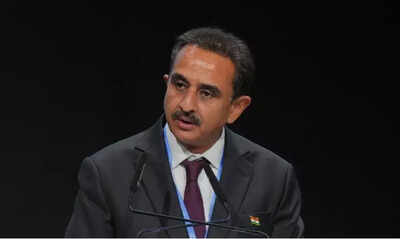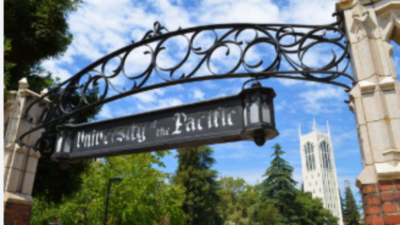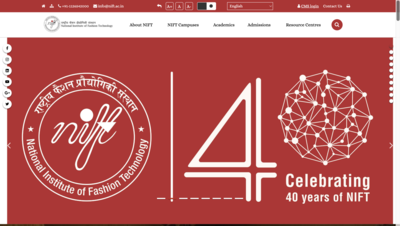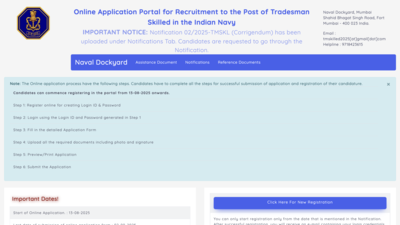Why for-profit colleges are poised to flourish under Trump’s education policies

President Donald Trump’s recent proposal to redirect federal funding from elite universities like Harvard to trade schools signals a significant shift in the US higher education landscape. While Trump lacks the direct authority to reroute the $3 billion in research grants appropriated by Congress, his push aligns with a broader Republican agenda aimed at boosting for-profit colleges and career training programs. These institutions, which have faced controversy and regulatory scrutiny in the past, now appear set for a resurgence under Trump’s policies and a supportive Republican Congress.Trump’s administration is advancing legislation and regulatory changes that benefit for-profit colleges, particularly through new workforce Pell grants and relaxed accreditation standards. These shifts could open federal aid to a wider range of short-term training programs, many operated by for-profit entities, despite ongoing concerns about educational quality and student outcomes.Federal policies open doors for for-profit educationThe House-passed tax and budget bill, formally known as the One Big Beautiful Bill Act, introduces new workforce Pell grants available to students enrolled in eight to fifteen-week workforce training programs. While programs must be state-approved, they do not need to be accredited, a major departure from previous requirements. As reported by the Forbes, this change lowers the regulatory barrier for many for-profit institutions to access federal funds.Michelle Dimino, director of the education program at Third Way, told Forbes that the bill’s quality assurance measures are weak. Eligible programs must meet a 70% completion rate and a 70% job placement rate, thresholds she describes as easily manipulated by predatory schools. “Sometimes colleges might look for students who are already employed right as a target audience because they know that they’ll do good on a job placement measure,” she said.Furthermore, Trump plans to overhaul the accreditation process, making it easier for for-profit schools to qualify for federal aid. Nicholas Kent, Trump’s nominee for undersecretary of education and a former lobbyist for Career Education Colleges and Universities (CECU), reflects the administration’s sympathetic stance toward the industry. His nomination, as reported by the Forbes, awaits a Senate floor vote after passing the committee on a party-line vote.Investors rally behind for-profit collegesThe financial markets have responded positively to the Trump administration’s pro-for-profit stance. According to Jeffrey Silber, a senior analyst at BMO Capital Markets Equity Research, stocks in the sector surged after Trump’s election. Adtalem Global Education’s shares rose 61%, while Perdoceo Education Corporation saw a 46% increase, with notable jumps occurring immediately after the election, as quoted by the Forbes.CECU praised Trump’s focus on career education and his suggestion to divert Harvard’s funding to trade schools. “The best way to support trade schools is to reduce the regulatory burden facing private career schools while increasing funding that allows students interested in the trades to choose the highest quality school,” the association stated, according to the Forbes.Concerns over quality and student outcomesDespite these policy shifts, experts warn about the risks of expanding federal aid to for-profit colleges without sufficient oversight. Michael Itzkowitz, founder of The HEA Group, highlighted troubling data showing 59% of certificate-granting institutions leave graduates earning less than $32,000 annually—roughly the income of a typical high school graduate—even ten years after enrollment, as reported by the Forbes.The rollback of key regulations, including the gainful employment rule and the 90/10 rule, both designed to protect students from poor-performing programs, further exacerbates these concerns. The House bill would also limit borrower defense protections that allow students defrauded by schools to cancel loans, a safeguard introduced during the Obama administration after the collapse of Corinthian Colleges.Dimino warned Forbes that expanding access without proper safeguards could invite abuses seen in the past. “Every time for-profit colleges have been given access to more federal aid, abuses have followed,” she said.As the US faces economic uncertainty, Silber noted that for-profit colleges may be seen as a “defensive” investment, potentially attracting more students seeking quick retraining, even as the broader economy fluctuates.In summary, the combination of relaxed regulations, new funding streams, and a politically favorable environment positions for-profit colleges to expand rapidly under President Trump’s education policies. However, this growth comes amid persistent concerns about educational quality and financial risks for students.





